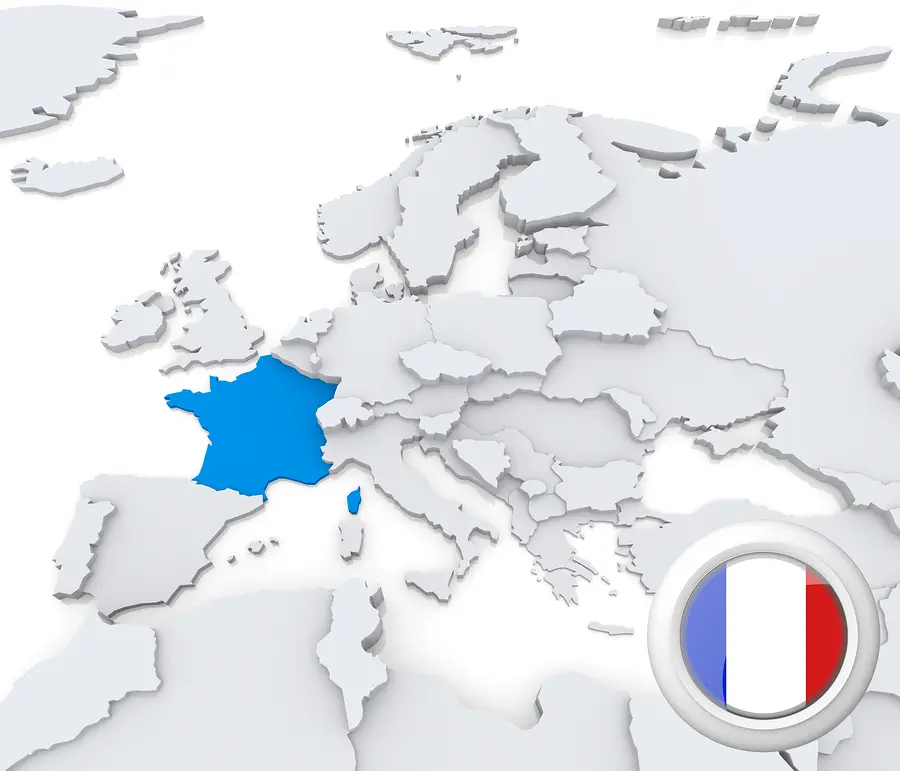France has pledged to cut its deficit in accordance with European Union rules and bring it in line with the economic bloc’s targets by 2017.
In a letter to the European Commission, French Finance Minister Michel Sapin outlined his strategy which promised to update on the country’s original draft budget for 2015. Mr Sapin claimed he has found the money to do so because of lower-than-expected costs on interest payments, as well as lower contributions to the EU’s budget as well as France bringing in more through higher tax income which has come after the country clamped down heavily on fraud as well as ending some tax allowances for certain companies.
The French government has missed several budget deficit targets and has struggled with high unemployment and low growth so this confirmation of France’s financial intentions will be seen as a good sign by many, not just within the country, but also in the Eurozone where France is seen as a major player.
The plan is to cut its budget deficit by €3.6-3.7bn (£2.84bn, $4.6bn) next year and then further reduce its budget deficit to below the EU threshold of 3% of GDP by 2017 however this will be two years later than initially promised by the French. With this the forecast for France’s public deficit was that it would fall to 4.3% next year and to 2.8% by 2017.
Despite this growth is expected to remain weak in France although it will increase slightly by the end of the year as the country ticks by and slowly pulls itself out of the economic slowdown it has been experiencing as of late.
France plans to cut public spending by €50bn ($63bn; £39bn) by 2017 which, as the more cynical will be quick to point out, is the year of the next French Presidential elections. Earlier in the year three French ministers resigned in a bitter row over economic policy but there now seems to be a firm grasp on which way France is heading and how they are going to achieve their goals.
This is especially good news as in October, Credit rating agency Standard and Poor’s, cut France’s credit outlook to ‘negative’, due to concerns about the country’s struggling economic recovery. It did however affirm that France’s AA/A-1+ rating, was the third-highest rating and as such the country should not worry too much if they can start to steer themselves in the right direction.
For more information about immigration into the Europe visit http://www.immigrationintoeurope.com/ or to incorporate in France go to https://www.openaeuropeancompany.com/countries/france/company-formation/ or email us at info@openaeuropeancompany.com


